Pregnancy brings about a myriad of changes to a woman's body, including often overlooked effects on foot health. As the body undergoes significant transformations to accommodate the growing life within, feet endure increased pressure, leading to swelling, arch pain, and other foot-related issues. This guide explores these changes and offers expert advice on managing discomfort and maintaining foot health during this crucial period.
Managing Pregnancy-Induced Edema

Edema, characterized by swelling in the feet and ankles, is a common condition during pregnancy. It results from enhanced fluid retention and blood volume, coupled with the uterus exerting pressure on veins that facilitate blood return from the lower extremities. This can hinder blood flow back to the heart, causing fluid to accumulate in the feet and ankles, especially in the later stages of pregnancy.
Strategies for Alleviating Edema
- Elevate Your Feet: Elevating your feet above heart level several times a day can improve venous return and reduce fluid buildup.
- Stay Hydrated: Drinking at least 8-10 glasses of water daily helps dilute sodium in the body, reducing swelling.
- Choose Comfortable Footwear: Wear shoes that offer support and room for your feet, avoiding tight socks or stockings that could restrict blood flow.
- Engage in Gentle Exercise: Low-impact activities like walking or prenatal yoga enhance circulation, helping to minimize swelling.
- Monitor Your Diet: Limiting salt intake and consuming potassium-rich foods can help manage fluid retention.
- Rest and Relax: Taking breaks to rest your feet and practicing relaxation techniques can alleviate stress-induced swelling.
Addressing Arch Pain and Flat Feet

The hormone relaxin, which prepares the body for childbirth by loosening ligaments, also affects the feet, potentially leading to flattened arches and arch pain. This can alter foot structure and gait, sometimes persisting post-pregnancy.
Tips for Managing Arch Pain
- Orthotic Inserts: Custom or pregnancy-specific orthotic inserts can provide essential arch support, distributing foot pressure evenly.
- Supportive Footwear: Shoes with good arch support and cushioning can minimize foot strain.
- Foot and Calf Stretching: Daily stretching exercises can relieve tension and improve flexibility.
- Regular Exercise: Maintaining an active lifestyle supports overall foot health, strengthening muscles without overburdening your feet.
Overpronation and Ankle Instability

Pregnancy can exacerbate overpronation — excessive inward rolling of the foot upon landing — due to increased weight and loosened ligaments. This can lead to ankle instability, increasing the risk of sprains and discomfort.
Managing Overpronation and Ankle Instability
- Stable and Supportive Shoes: Footwear with stability and motion control features can correct overpronation, reducing ankle strain.
- Supportive Braces or Taping: These can offer additional support during physical activities.
- Balance and Strengthening Exercises: Building the muscles around the ankles enhances stability and prevents overpronation-related issues.
Leg Cramps During Pregnancy

Many women experience sharp, sudden leg cramps during pregnancy, often at night. These may be linked to changes in blood circulation, pressure on nerves and muscles from the growing uterus, and increased nutrient needs.
Tips for Managing Leg Cramps
- Stretching Before Bed: Gentle calf stretches can prevent cramps by elongating muscle fibers.
- Hydration and Nutrition: Ensuring a balanced diet and adequate hydration, especially with magnesium, calcium, and potassium, supports muscle health.
- Gentle Massage: Massaging the affected area can increase blood flow and relax the muscle, providing relief.
Ingrown Toenails

Swelling and changes in foot shape during pregnancy can make footwear feel tighter, increasing the risk of ingrown toenails. Difficulty in reaching the toes for proper trimming can also contribute to this issue.
Preventing and Managing Ingrown Toenails
- Proper Footwear: Shoes with a wide toe box can reduce pressure on the toes.
- Correct Toenail Trimming: Cutting nails straight across and avoiding rounding the corners can prevent ingrown toenails.
- Foot Hygiene: Regular washing and drying of the feet can prevent conditions conducive to ingrown toenails.
Conclusion
Pregnancy significantly impacts foot health, leading to conditions like swelling, arch pain, overpronation, and more. However, with the right care and preventive measures, these issues can be managed effectively. Prioritizing foot health through supportive footwear, regular care, and gentle exercise can contribute to a more comfortable pregnancy experience. Always consult with healthcare providers for personalized advice, especially if foot pain becomes severe or persistent.




